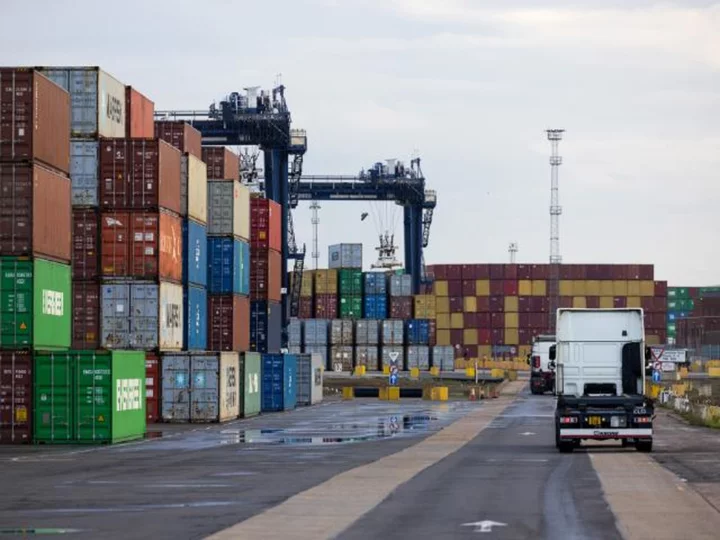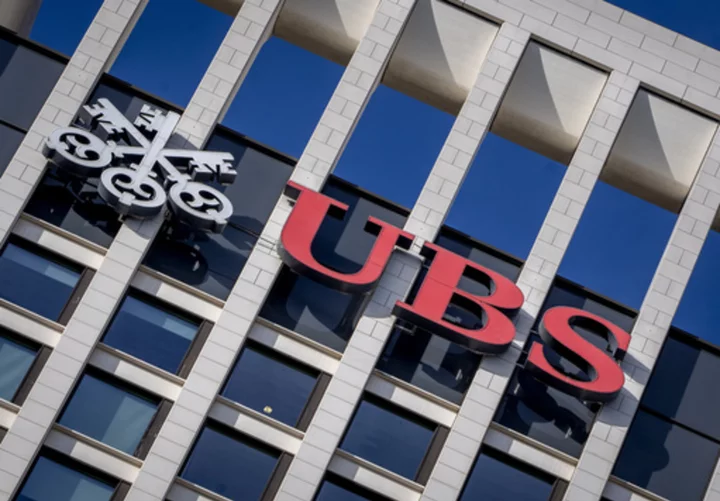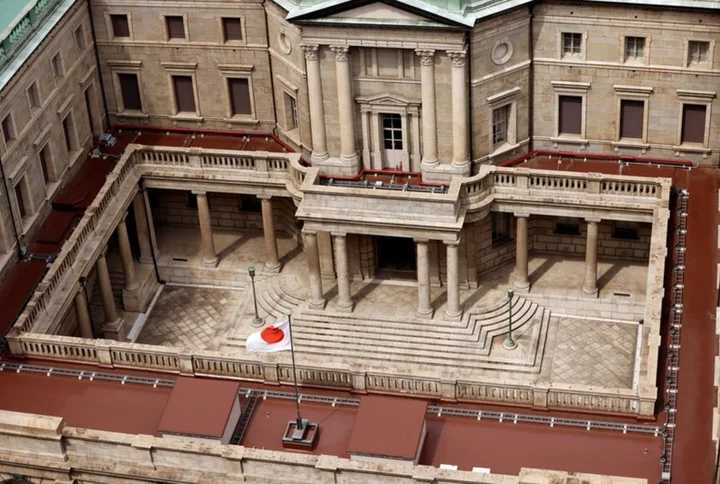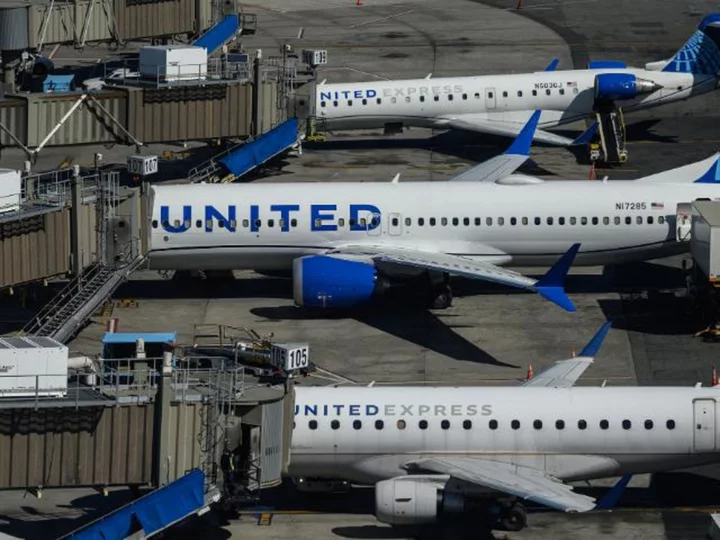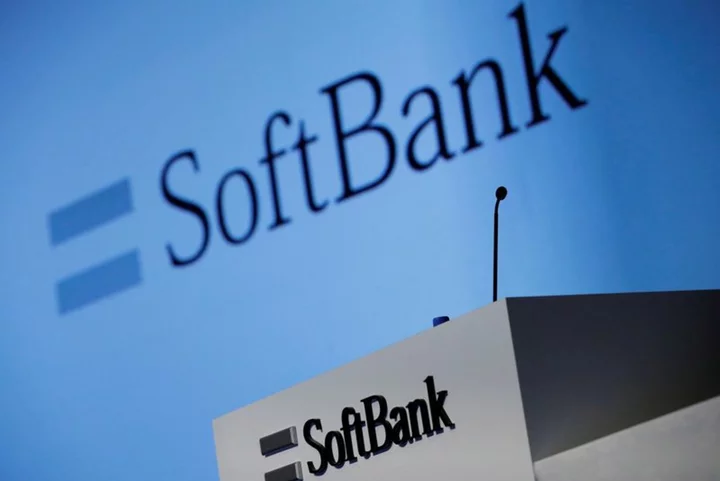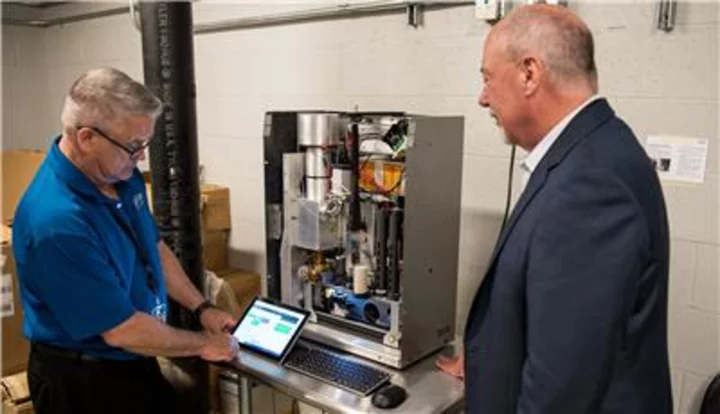The UK economy grew in the three months to June 30, compared with the previous quarter, official data showed Friday.
Gross domestic product increased 0.2%, the Office for National Statistics said, beating economists' forecasts for zero growth. In the first quarter, GDP ticked up by 0.1%.
"GDP grew a little, with widespread growth across manufacturing — aided by falling raw material prices — computer programming and hospitality," said ONS director of economic statistics Darren Morgan.
Growing the economy is one of the UK government's five priorities for this year, set out by Prime Minister Rishi Sunak in early January, although he did not specify by how much.
Another priority is halving inflation. Annual inflation stood at 10.5% in December, slowing to 7.9% in June and remaining far above the Bank of England's 2% target.
In a bid to tame prices, the central bank continued its campaign of interest rate hikes last week despite the pain these are gradually inflicting on some parts of the economy. Policymakers raised the main cost of borrowing in the United Kingdom to 5.25% — the highest level since February 2008.
Previous rate hikes are likely to "increasingly weigh on UK activity and inflation" in coming quarters, they said in a statement.
Unlike its G7 peers, the UK economy still has not returned to pre-pandemic levels of output. And the Bank of England expects GDP growth to remain below pre-pandemic rates "in the medium term," it added in a quarterly report published last week. In the three years before Covid's rapid spread in 2020, UK output expanded by an average of 0.5% per quarter.
Survey data also suggests that Britain's bout of feeble economic growth has continued beyond the second quarter. The preliminary reading of the Purchasing Managers' Index for July showed hardly any growth in UK private sector output and the weakest rise in six months.
— This is a developing story and will be updated.

